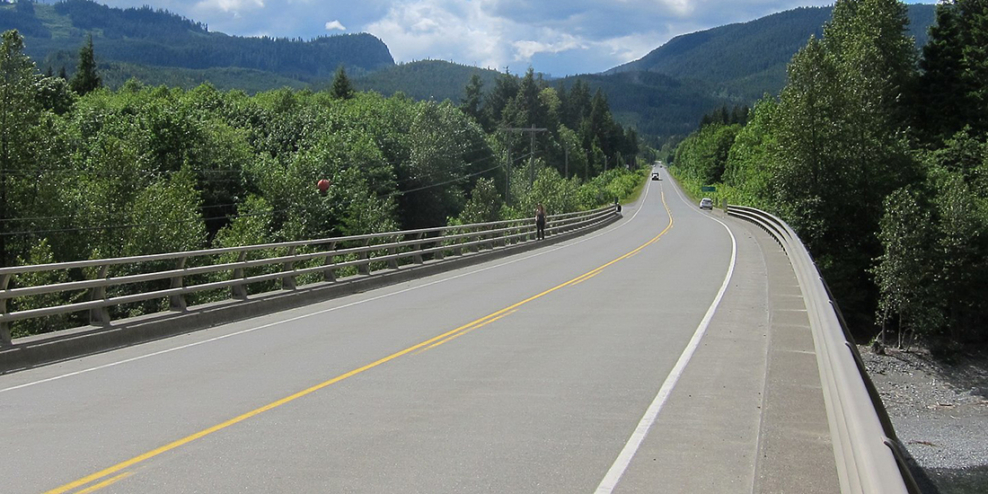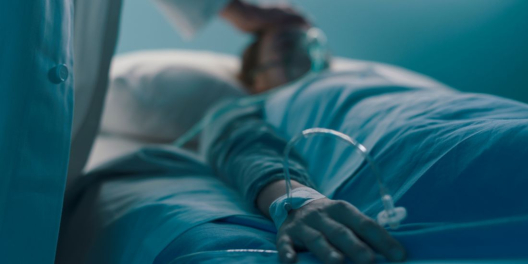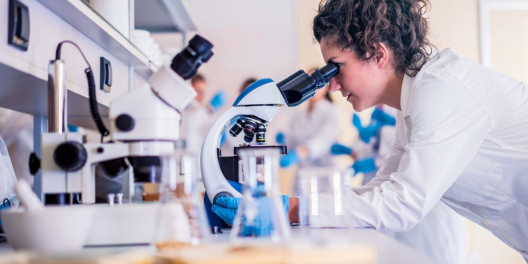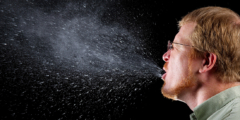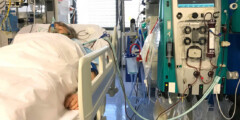Life comes with risk. Wouldn’t it be nice to live in a world where no one had to worry? Where no one ever got hurt or sick, or had things go wrong sometimes?
But we know that’s not how things go. Even normal things we do every day come with risk. But we don’t really think about these risks because we’ve developed some shared norms that take away some of that risk. In a sense, theseshared norms rules help us all be more free.
Take driving, for example. Driving is part of everyday life, but we know it comes with risk. Cars are fast and heavy. They cause a lot of damage when they smash into one another, or trees, or hydro poles or god forbid, pedestrians.
But we have strategies to take away some of the risks. For one, we have laws that mandate protective equipment like airbags and anti-lock brakes. Crumple zones take the impact of a crash instead of the people inside the car.
And we have rules on how we share the road. We drive on a certain side, we try not to drive too fast, and when the light is red we stop. And when folks follow these rules, we’re all more free to drive and get where we’re going safely.
We all know those drivers, though. The ones who go too fast. They ride your bumper and pass when it isn’t safe. Maybe those drivers think they have more important places to be. And maybe they even get there faster.
But when a driver gets aggressive, it means everyone around them is a little less free to get where they’re going safely. There’s more risk—for the reckless driver and for everyone who happens to be nearby.
And maybe you put your kids in hockey. Every parent knows that their kid could get hurt playing hockey. Ice is hard. Skates are sharp. It can be a rough and tumble sport.
But we have strategies to take away some of the risk. We don’t let kids play without protective equipment, like helmets and padding. Players wear masks to keep them from getting a puck in the face.
And we have rules about what players can do on the ice. Tripping gets you a penalty. There’s no body-checking allowed in kids hockey. Hell, we teach them how to body check when they’re older so they can do it more safely. And we save the fights for grownups who can pay for their own fake teeth.
When everyone follows these rules, all the kids are more free to play the sport they love.
But we all know that team. That team where the kids are bigger (what are they feeding those kids??). And maybe the coach lets the kids be a bit meaner on the ice.
That team might win more games. They might even win the championship. But all the kids are a little less free to play their sport when that team comes to town.
Here’s the thing: all of this applies to COVID, too.
COVID is a risk that no one wants. It’s not useful like driving or fun like hockey. But COVID doesn’t care.
Thankfully, after a couple of years of practice, we have strategies to take away some of the risks.
We have protective equipment, like masks to keep us from breathing on each other. We have vaccines to keep us from getting really sick.
And we have some rules about what we can do in public. (Not all of the rules make sense, but that’s a topic for another day.)
When everyone uses the equipment and follows the rules, we’re all more free to live our lives. Because we’re all sharing the risk.
There are some folks who want to pretend that COVID isn’t happening. They act like it isn’t a risk. They say that having to wear protective equipment and follow some rules is an attack on their freedom.
But they’re missing a really important point: freedom is shared.
COVID doesn’t care about freedom. Or risk. Blocking borders because you’re mad about COVID measures is like shooting a gun at a tornado. It does nothing.
We’re not surprised people are objecting to masks. A few people said similar things when the government brought in seat belt laws. Seat belts aren’t comfortable. But they make us all safer, they make us more free to get around without getting hurt, and now people don’t even think about them.
It doesn’t mean you have to love wearing a mask. They’re hot and itchy. It doesn’t mean you have to love getting a vaccine. They can make you feel terrible for a while.
But doing these things together means we can all be more free while COVID is still a risk.

